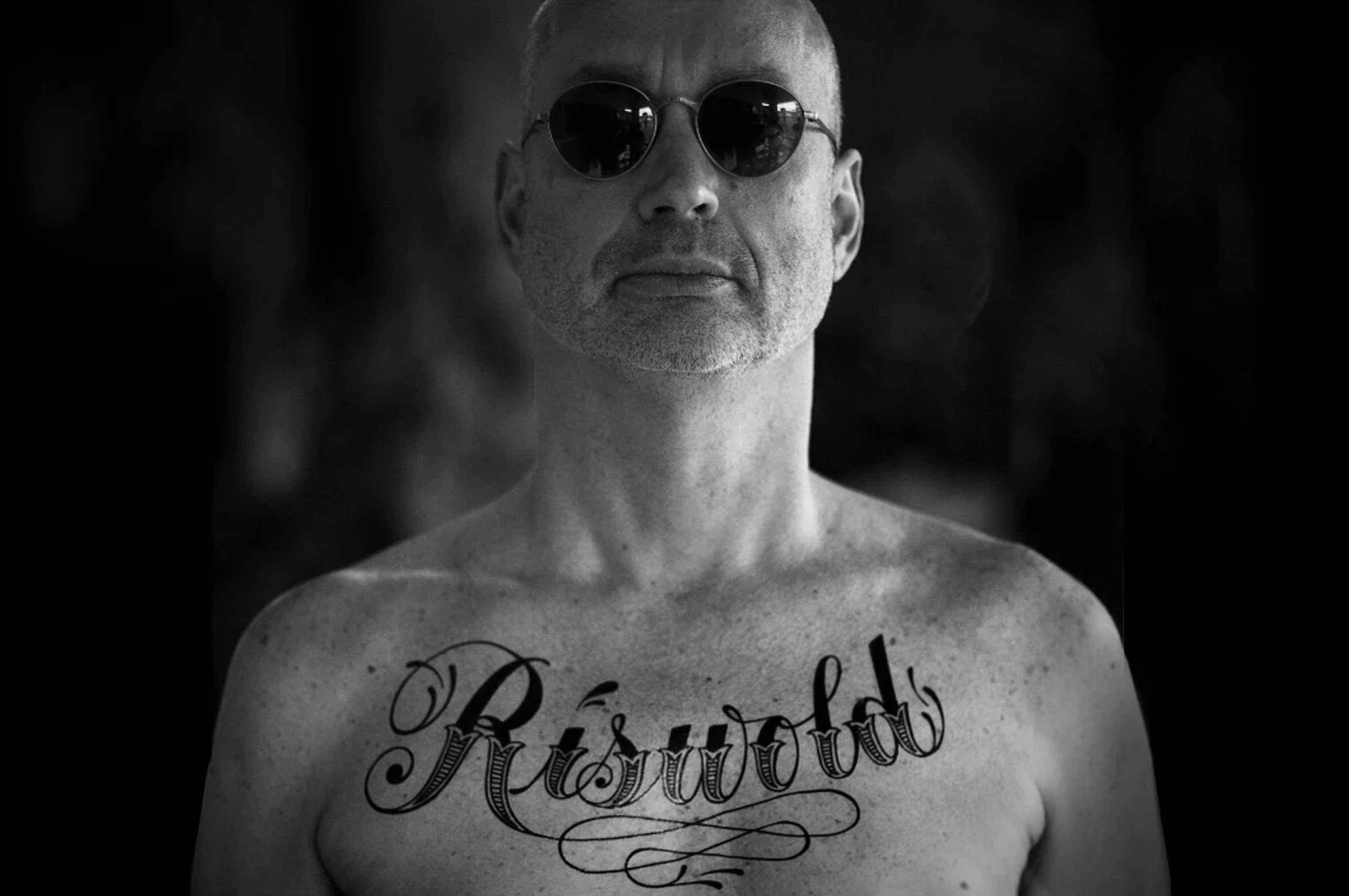Remembering Jim Riswold ~ Jeff Goodby’s tribute to good friend and Wieden+Kennedy ad legend

Jim Riswold, 1957 – 2024
Legendary Wieden+Kennedy adman turned artist Jim Riswold has passed away after a long battle with cancer. Jeff Goodby—Riswold’s longtime friend—and rival—recalls the famed copywriter’s impact on advertising.
Jim Riswold might have been the best writer ever to work at Wieden+Kennedy, which is of course saying a lot.
Wieden is the agency my company most admires and has competed with in friendly death matches. When these matches resulted in our own death, it was often Riswold’s fault.
Despite all that, I am proud to say he remained my good friend for more than three decades, right up until our last meeting when, wearing a breathing cannula, he hogged most of a bottle of his favorite Chopin Vodka. He was not someone to hang back.
If Jim changed this business—and he did—it wasn’t so much in terms of humor or form. It was more about intent. And the intent was ballistic, with prejudice, and at long range.
Jim was the id of the advertising industry for more than 20 years. As much as anybody, he is what comes to mind when you think of Wieden+Kennedy and the welcome stake they have put in the heart of stupid advertising. Although Jim got famous making Michael Jordan suddenly likable, Riswold was the Michael Jordan of advertising for a decade or two.
Everybody wanted to be him.
I remember meeting Riz, in 1990 or so. A few years earlier, we had lost the Honda Scooters pitch to W+K and a line Riswold wrote. Their film pictured Lou Reed on a scooter, saying, “Don’t settle for walking.” (Lou Reed, Bugs Bunny, Hegel, Nietsche, General Custer and David Bowie are leitmotifs in Riswold creations.) Jim was blessedly healthy then, a workout freak in black leather jackets.
I met Hunter S. Thompson a couple of times, and they remind me of each other. Like Hunter, Jim was capable of a charming, hipster gentlemanliness. But they both somehow communicated the existence of something unexpected, even uncontrollable, right under the surface. I think back to the time Hunter told me he wanted to fire a real .44 pistol in a spot we were filming, or when Jim wanted to have a Mom driving a Chrysler minivan full of semi-violent Iggy and the Stooges coming home from school.
People at my agency loved having Riswold visit. He was like a crazy uncle who gave you money and cigarettes and let you do anything you wanted. At one point, I actually paid him to lecture to our interns for a week. It was a massive hit I asked one of the interns what might be the best thing they learned. “He reminded us that our work had to be really good,” she said, “because it would be competing with free pornography.”
If you’ve seen Jim’s artwork outside advertising, you know that Riswold does not like dictators or cancer. Over the past few years, he created snarky, sometimes spectacular art that viciously ridiculed dictators and made you worry about what Kim Jong Un or Mao or Hitler would do if they ever got their hands on him.
He was less successful at skewering the cancer thing. Watching Jim’s battle with cancer has been one of the most deflating things I have regularly encountered over the past decade. Nevertheless, his force continued its unstoppable emergence—in books (“How Hitler Saved My Life”) and art and film and, yeah, even more advertising.
Crazy ideas, blurted out with loud guffaws and endless optimism, were his trademark. A few years ago, I sat with him in a San Francisco bar trying to come up with a pickup truck film, when he suddenly stood up, “What if we put a bunch of Vikings in the back singing Led Zeppelin’s ‘Immigrant Song’?” (And so, we did. Or we tried to, until clients who knew better got involved.)
Moments like that make me wonder whether there is a place is advertising for characters such as Jim anymore. The shock and outrage and controversy that Riswold dared into the world has been replaced by RTBs, pretesting and timid ass-covering. Jim not only insisted that you remember his work but fall asleep thinking about whether it was brilliant or just dangerous. He took Phil Knight seriously when he said, “We are always on offense.” Except that Jim’s “offense” might have had the emphasis on the second syllable.
Up to the end, I was afraid to show him my things, afraid that they were just not good enough. And in that, I joined thousands of others, past and present.
I called him “Monkey.” He called me “Ox.” I’m not even sure why, but it sure is fond.
I will miss him.
